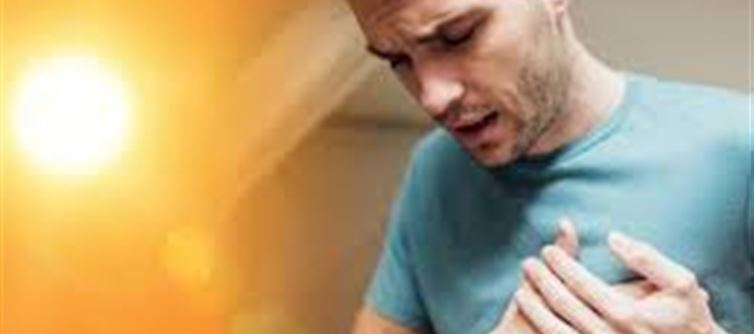
Shortness of breath—feeling out of breath after light activity such as walking, climbing stairs, or even doing routine chores—can be alarming. While common causes include respiratory conditions like asthma, bronchitis, infections, or allergies, avitamin deficiency, particularly vitamin D deficiency, can also contribute to this problem.
How vitamin D Deficiency Affects Breathing
Vitamin D is widely known for its role instrengthening bones, but it also plays a crucial role inlung function and overall respiratory health. When the body lacks sufficient vitamin D:
*Lung function weakens, making breathing more laborious.
* Individuals may experiencefrequent wheezing,tightness in the chest, orheaviness while breathing.
*Early fatigue sets in, even with minimal physical activity.
Long-term deficiency may increase the risk of chronic conditions such asasthma,bronchitis, or other pulmonary issues.
Symptoms That May Indicate vitamin D Deficiency Related to Breathing
Some warning signs include:
1. Gettingshort of breath quickly, even during light activity.
2. Feelingchest heaviness or tightness.
3.Wheezing or frequent respiratory discomfort.
4.Low energy levels and unusual fatigue.
While these symptoms can point toward vitamin D deficiency, they can also indicate otherserious medical conditions, so a proper medical checkup is essential.
How to Naturally Boost vitamin D
The best ways to overcome vitamin D deficiency are throughsunlight exposure and dietary sources:
*Sunlight: Spend10–15 minutes in the morning sun without sunscreen, allowing the body to naturally synthesize vitamin D.
*Dietary Sources: Include vitamin D-rich foods such as:
* Milk and dairy products (yogurt, cheese)
* Eggs
* fish and lean meats
* Oranges
* Fortified cereals and grains
When Supplements Are Necessary
If sunlight and diet aren’t enough to meet your vitamin D requirements, supplements may be recommended by a doctor.Do not self-prescribe vitamin D supplements, as excessive intake can be harmful and lead to other health issues.
Key Takeaways
*Vitamin D deficiency can weaken lung function, leading toshortness of breath andfatigue.
*Sun exposure and diet are the first line of defense.
* Persistent breathing difficulties shouldnever be ignored, as they may indicate underlying respiratory or cardiovascular problems.
* Alwaysconsult a doctor for proper testing and supplementation guidance.
✅Bottom Line: While vitamin D deficiency can contribute to respiratory issues and shortness of breath, it is not the only cause. Maintaining adequate vitamin D levels through sunlight, diet, and, if necessary, supplements, along with regular medical checkups, is key to ensuring healthy lungs and overall well-being.
(Disclaimer: This content, including advice, provides general information only. It is in no way a substitute for a qualified medical opinion. Always consult a specialist or your doctor for more information. indiaherald does not claim responsibility for this information.)
Disclaimer: This content has been sourced and edited from Indiaherald. While we have made adjustments for clarity and presentation, the unique content material belongs to its respective authors and internet site. We do not claim possession of the content material.
.jpg)




 click and follow Indiaherald WhatsApp channel
click and follow Indiaherald WhatsApp channel